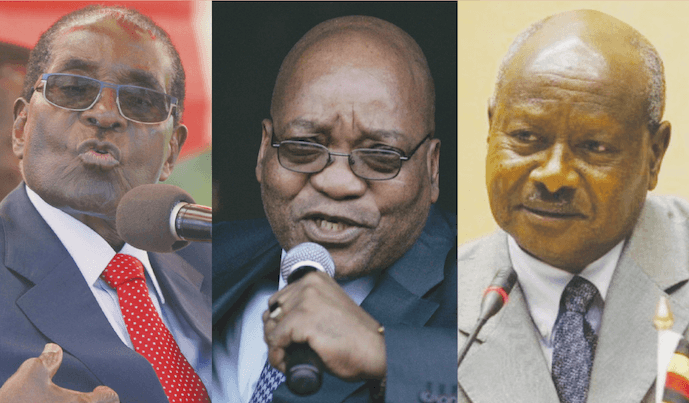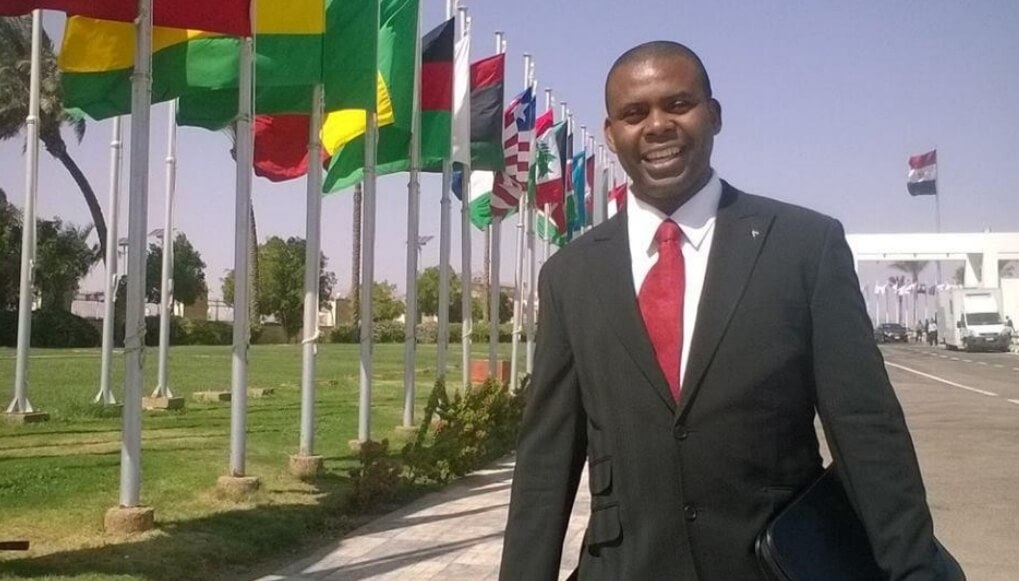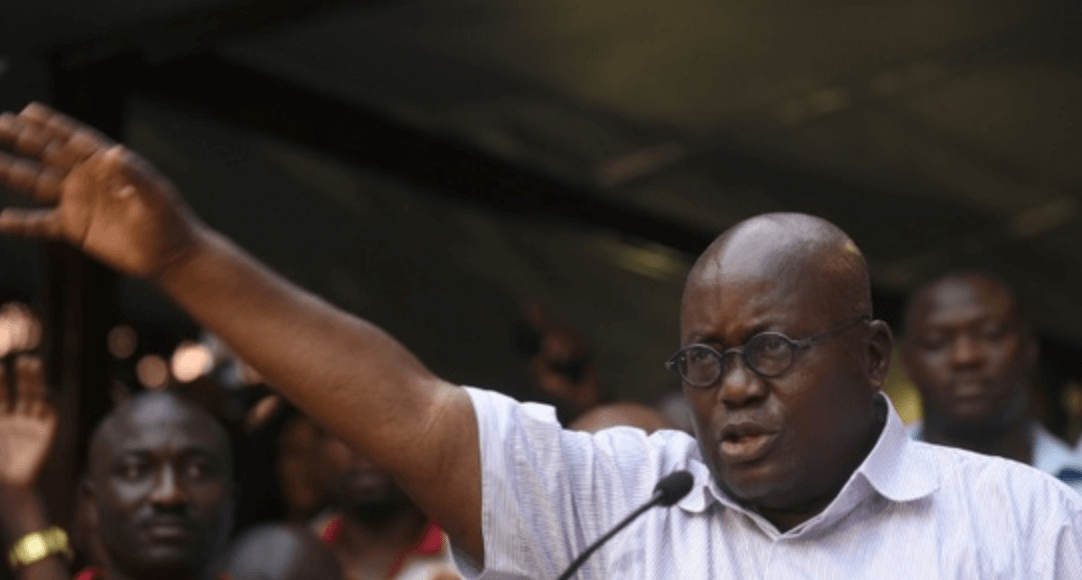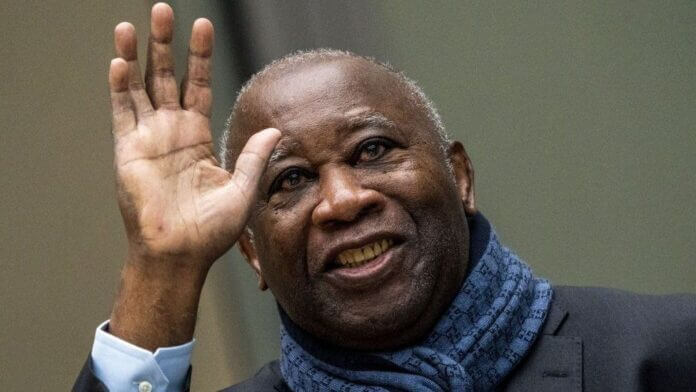

If anything ever works in the continent of Africa, Patrick Chabal and Jean-Pascal Doloz argued, it works through “disorder” where a strange mixture of “smiling and suffering” go together. How does this affect politics?
In the thinking of these two European scholars, Africans are people that have elevated chaos and disorder into a political method and have naturalized the combination of suffering pain with that wide smile that has made Africans the laughing but pained children of the world.
One area of African political life that occasions much disorder, suffering and smiling is the area of political succession and the handing over of power from some parties and individuals to others.
Africans might by nature be the generous and kind children of the world, only not when it comes to political power when it comes to the reins of power the generous African morphs into a stingy monster.
As I write South Africa is enveloped in one of the most spectacular political succession dramas that have ever been witnessed on the continent and the country’s democratic record and credentials are about to be tested for their durability in light of fierce jostling and gladiating that is surrounding the succession of Jacob Zuma as the president of the African National Congress and the South African Head of State.
Zimbabwe too is caught in an intense season of jostling and canvassing for the succession of the African strongman, President Robert Gabriel Mugabe. In Uganda President Yoweri Museveni is alleged to be engineering the constitution to ensure a further stay in power.
There is, in actuality no African country where political succession is not in one way or another kind of problem if not a crisis.
A history of power
The history of power and the negotiation of the rule in Africa might explain why political succession frequently turns into a war on the continent.
Precolonial Africa was predominantly ruled by kings and queens that were bloodline rulers who kept power for as long as they lived.
There were also patrimonial rulers and personal rulers in Africa that because of the purity of their blood, the nobility of their birth or military prowess managed to monopolize power and become natural and hardly contested rulers.
There has also been the tradition of African Big Men, these are philosopher kings or what Ali Mazrui called poet presidents who come to power not just by military prowess but some gifts of the person and the mind.
These are mainly ideologues, orators and charismatic speakers who sweep parties and populations off the ground with their ideas and visions.
Africa has had larger than life individuals who have the personal force to personify their countries and the histories of their people and become living legends and symbols. Other leaders have kept power through force and fraud or both.
[another related read on politics in Africa]
In a way, power in Africa has not been for ordinary mortals and simple souls but extraordinary men and some women with special recommendations and qualities, these people by their nature have not been easy to remove from office or to replace.
For that reason, to navigate and negotiate power in Africa becomes not just the simple business of elections that rely on the popularity and performance of parties and persons. In Africa power means more than just the lottery of votes and elections. Personal and historical stamina is often required.
A question of ideology in politics
In his famous essay, Pitfalls of National Consciousness, Frantz Fanon probably stumbled on one of the key causes of the chaos and disorder that accompanies the negotiation and navigation of power on the African continent.
Fanon observed that nationalism or national consciousness was marked by a kind intellectual laziness that allowed it to degenerate into a divisive force instead of a unifying ideology that it was meant to be.
Racism, tribalism, nativism, and chauvinism are the opportunistic ideologies that take over from nationalism and divide countries into races, tribes, and clans that feud for power.
The pitfalls of national consciousness that Fanon described have made nation-building impossible in Africa as parties and tribes have gained prominence over nations.
Elections in Africa have frequently been reduced into ethnic census rather than democratic contests. Seeking, finding and keeping power has been reduced to identity politics rather than policy and democratic contestation.
What has been called the national question in Africa is that historical challenge where parties and persons have built organizations and groups to amass power and little has been invested in building nations where peoples of different races, ethnicities and other identities can live and feel that they belong to one country and one nation. Fanon observed how frequently in Africa, leaders find themselves having turned their families into nations gone to waste.
From nation to nationhood
The Rwandan genocide of 1994 and the electoral violence in Kenya and other African countries remind Africa of the importance of a political culture where ethnic identity is not a factor.
Politicians and intellectuals of Africa should mature their thinking and political practice to a level where power can be navigated and negotiated without resort to primitive tribalism and toxic identity politics.
The national question is still an important question in Africa that political parties and populations still have to answer.
What complicates political succession are questions of party and national unity that usually arise from identity politics where some tribes and parties seek to monopolize power at the expense of others, leading to political violence, chaos, and disorder. Probably Africa needs to shed off some of her trappings to some precolonial patrimonial and personal rule tendencies.
There is a strong way in which African leaders still treat themselves and are treated as some kings or queens whose power cannot be questioned or contested openly without severe political consequences. In short, political succession in Africa needs to be modernized if not democratized or else Africa will keep violently returning to primitive passions and energies.
Political succession guided by the popularity of parties and persons that is based on their performance and ability to deliver to political mandates is naturally the best way to go for the troubled continent.
Source: Mkhosana Mathobela Bingweni/The Southern Times
Oral Ofori is Founder and Publisher at www.TheAfricanDream.net, a digital storyteller and producer, and also an information and research consultant.





